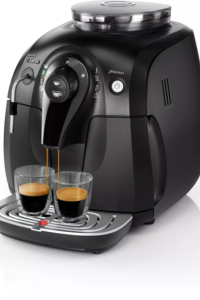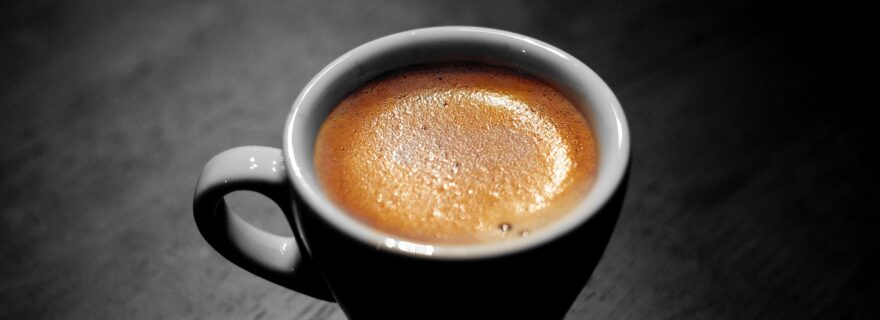Trade mark proprietor liable for defective product
Trade mark proprietors who authorise that their trade mark is put on a product, are liable towards the consumer for a defect in that product. This also applies if they were not involved in the production of that product.
This follows from a judgment of the EU Court of Justice of 7 July 2022.
In Finland, a fire broke out due to a defect in a new coffee machine from Philips, model Xsmall HD8743/11. The coffee machine was manufactured in Romania by Saeco, a subsidiary of Philips. The Philips and Saeco logos, which are both trademarks of Philips, were affixed to the coffee machine and to its packaging. In addition, the coffee machine bore a CE marking which included the Saeco logo, an address in Italy, and the words ‘Made in Romania’. The insurer held Philips liable for the damage.

EU Directive 85/374 on product liability states that the producer is liable for damage caused by a defect in his product. It also provides that ‘“Producer” means the manufacturer of a finished product, the producer of any raw material or the manufacturer of a component part and any person who, by putting his name, trade mark or other distinguishing feature on the product presents himself as its producer.’ Finally, it adds that ‘[w]here, as a result of the provisions of this Directive, two or more persons are liable for the same damage, they shall be liable jointly and severally, without prejudice to the provisions of national law concerning the rights of contribution or recourse.’
Philips argued that they were not liable because they were not involved in the production process, and could therefore not be labelled as ‘producer’. The Court quickly dismissed this argument:
‘[The product liability directive] contains, in essence, an alternative, only the first part of which concerns the person who is at least partially involved in the process of manufacturing the product. By contrast, the second part of the alternative refers to a person who presents himself as a producer by putting his name, trade mark or other distinguishing feature on the product (par. 26).
‘It is therefore apparent from the clear and unambiguous terms of that provision that the involvement of the person who presents himself as a producer in the process of manufacturing the product is not necessary in order for such person to be classified as a ‘producer’ within the meaning of that provision’ (par. 27).
‘Furthermore, it should be noted that, by putting his name, trade mark or other distinguishing feature on the product at issue, the person who presents himself as a producer gives the impression that he is involved in the production process or assumes responsibility for it. Accordingly, by using such particulars, that person is effectively using his reputation in order to make that product more attractive in the eyes of consumers which, in return, justifies his liability being incurred in respect of that use’ (par. 34).
The EU legislator has wanted the term ‘producer’ to be explained broadly, in order to protect consumers. A division of liability between Philips and Saeco has no effect in relation to consumers, who must specifically be relieved of the burden of having to determine the actual producer in order to bring claims for the damages (par. 31 and 37).
The trade mark proprietor is liable to the consumer for a product defect. It is not required that he presents himself as the producer of the product in any other way. This ruling confirms what was previously presumed, but never confirmed by the EU Court of Justice before.
A trade mark is a sign that distinguishes the goods or services from an enterprise from those of other enterprises. The origin and guarantee functions are import functions of a trade mark. Of course, the mutual liability between trade mark proprietor, producer and distributor can be very different. But towards the consumer, who often primarily orientates himself on the trade mark, it is just that the trade mark proprietor is fully liable. The (exclusive) trade mark also implies a liability. It is therefore important that trade mark proprietors who license their trade mark keep strict control on the quality of the products that their licensees produce.
CJEU 7 July 2022, case C-264/21, ECLI:EU:C:2022:536 (Fennia/Philips).
Photo: Philips Espresso Machine model Xsmall HD8743/11



0 Comments
Add a comment